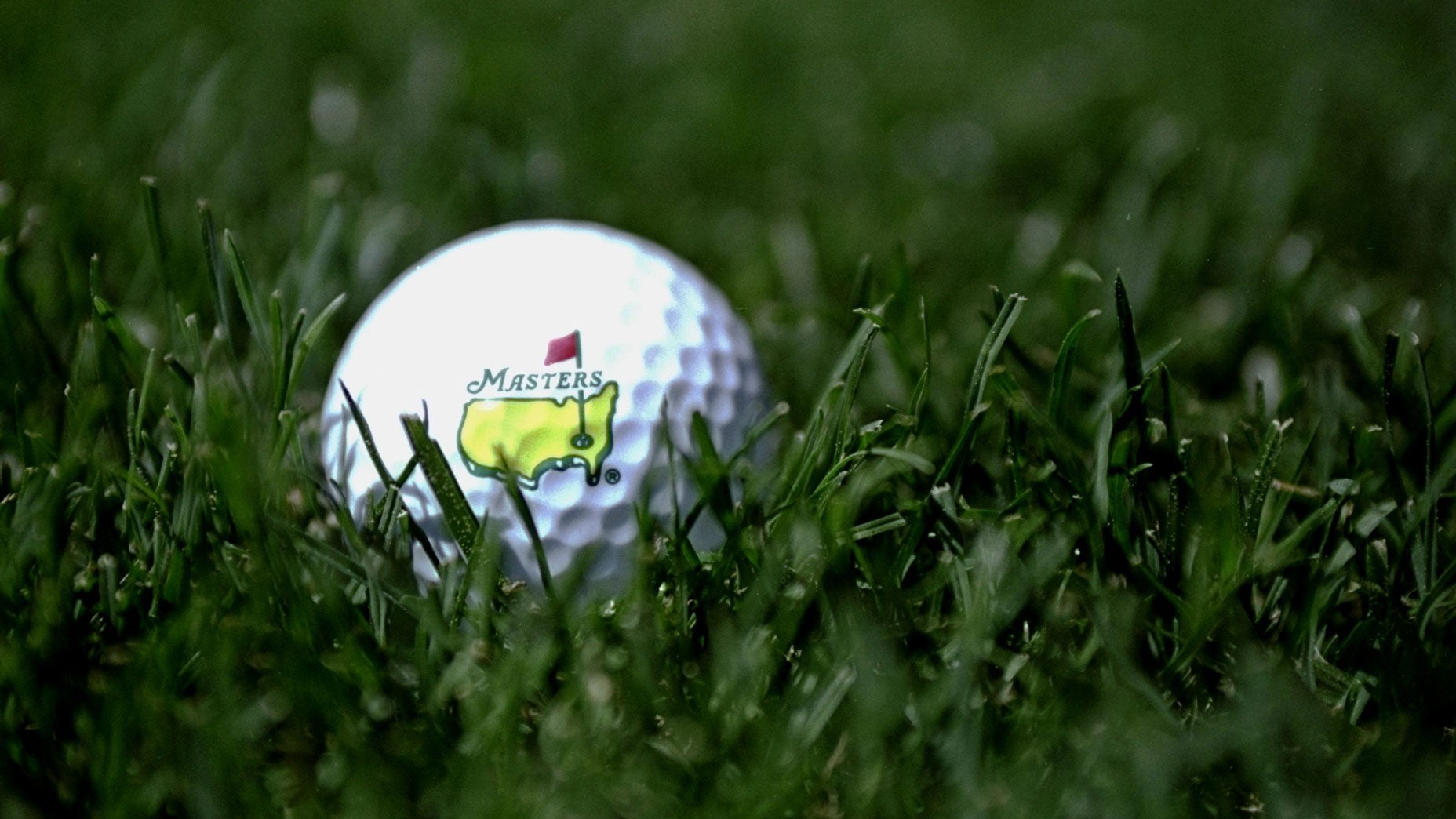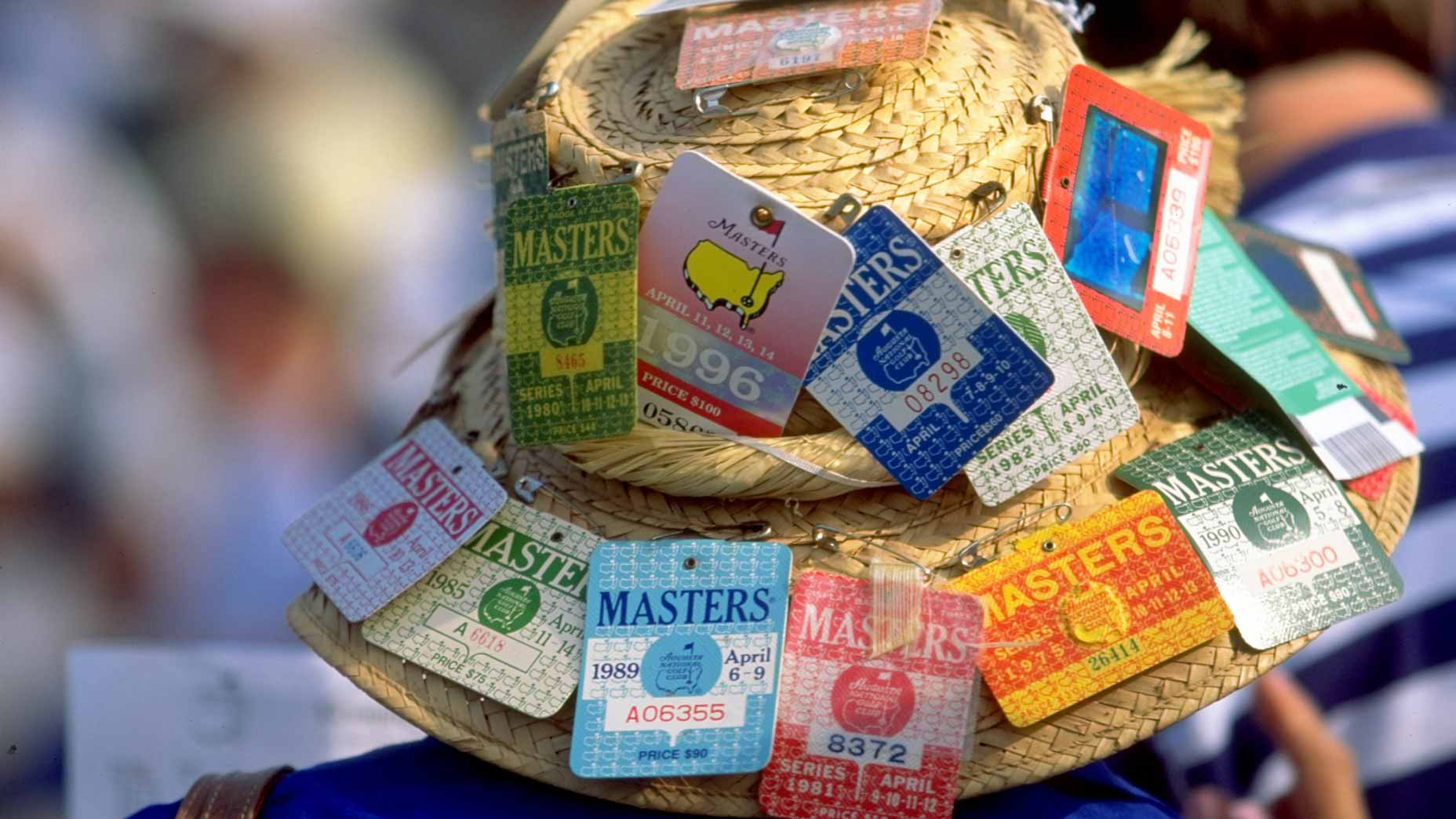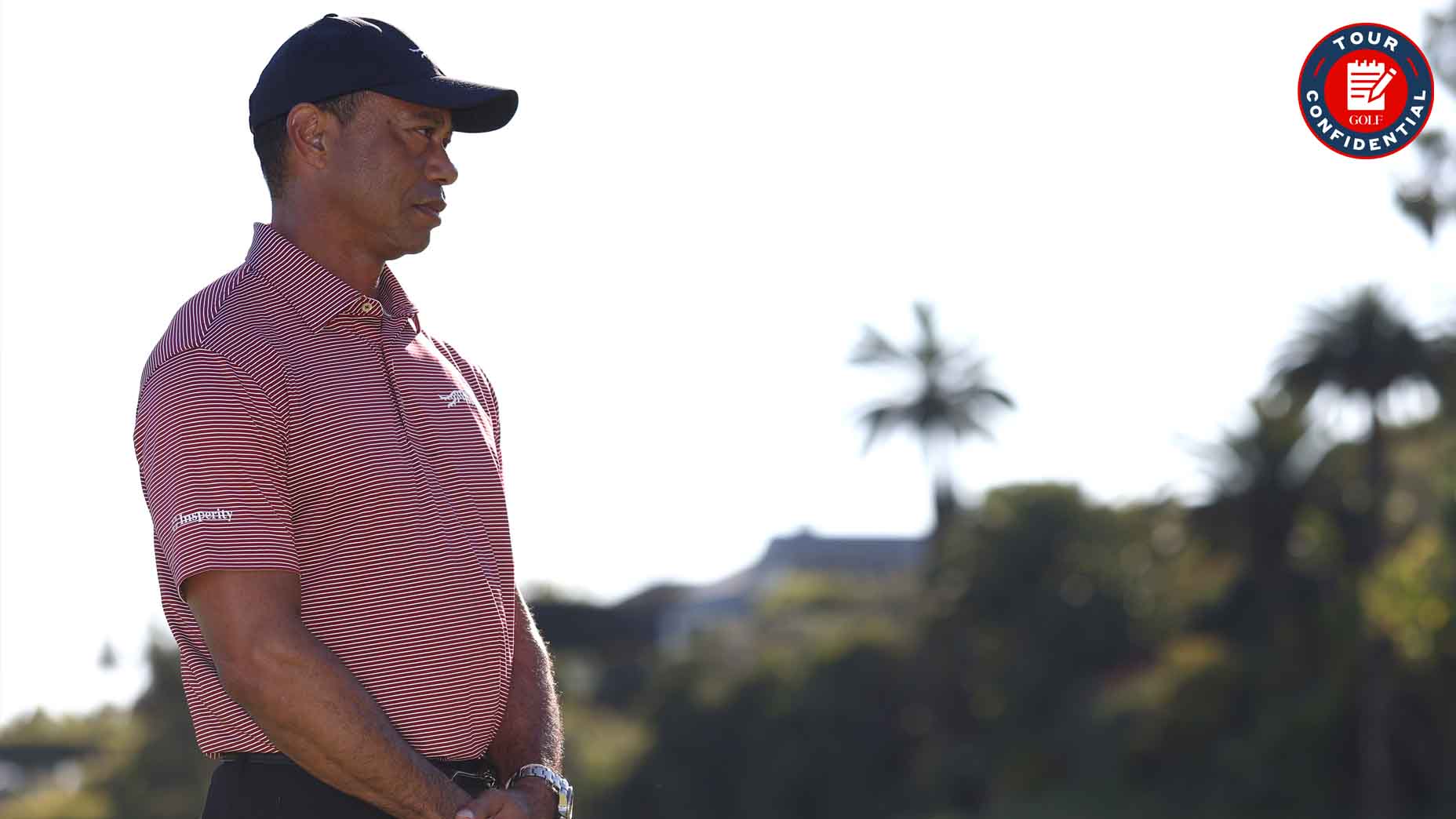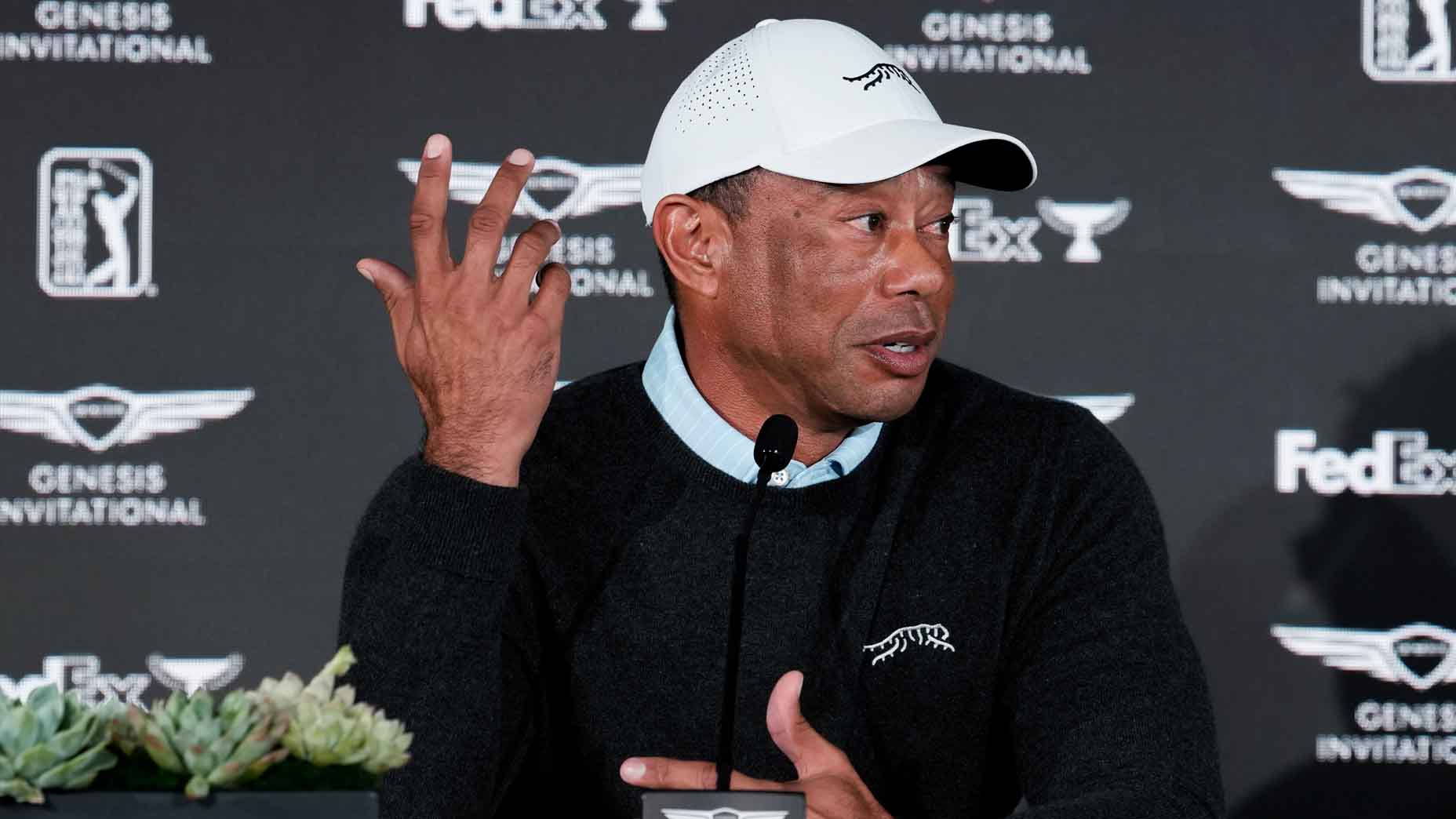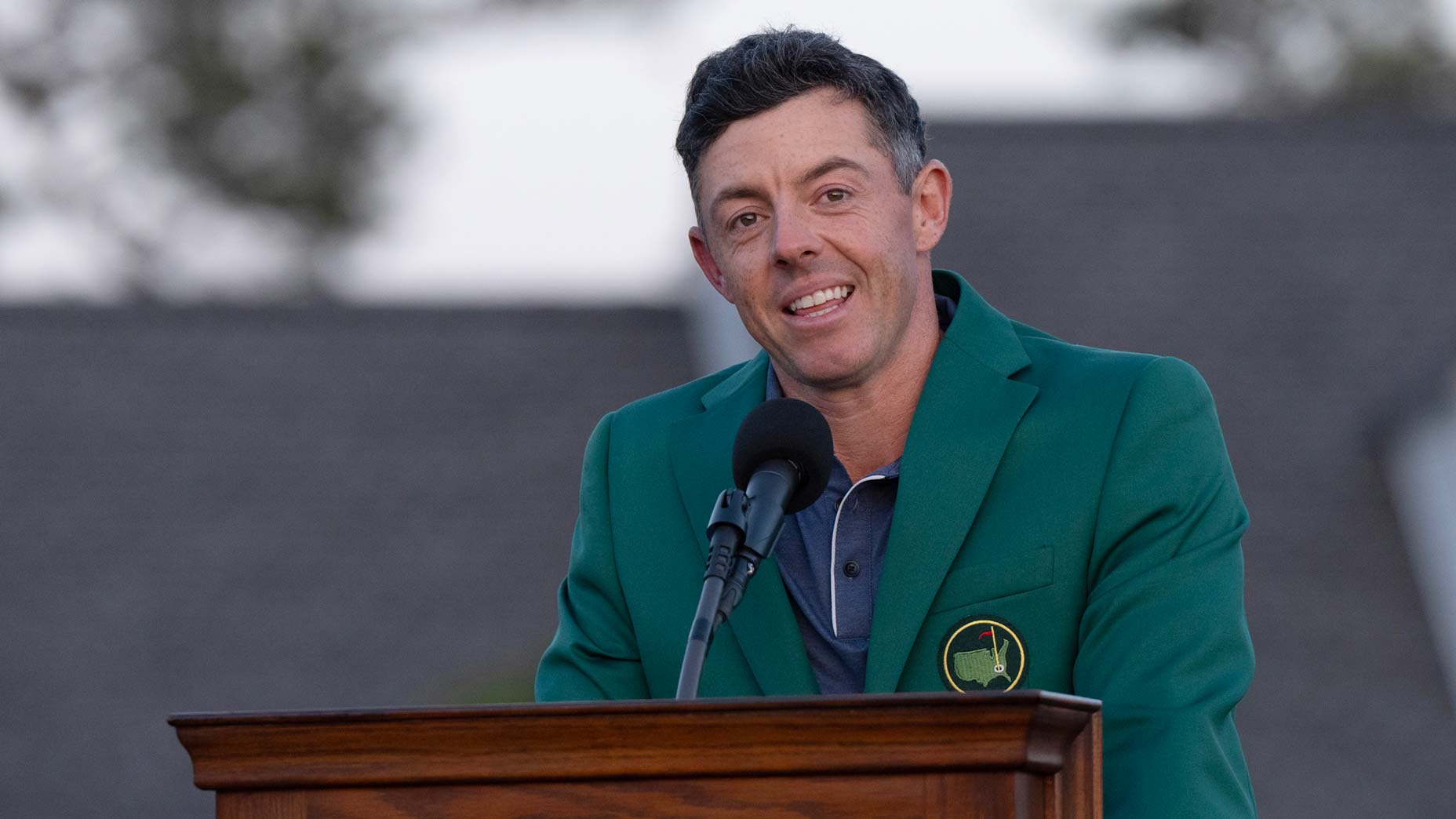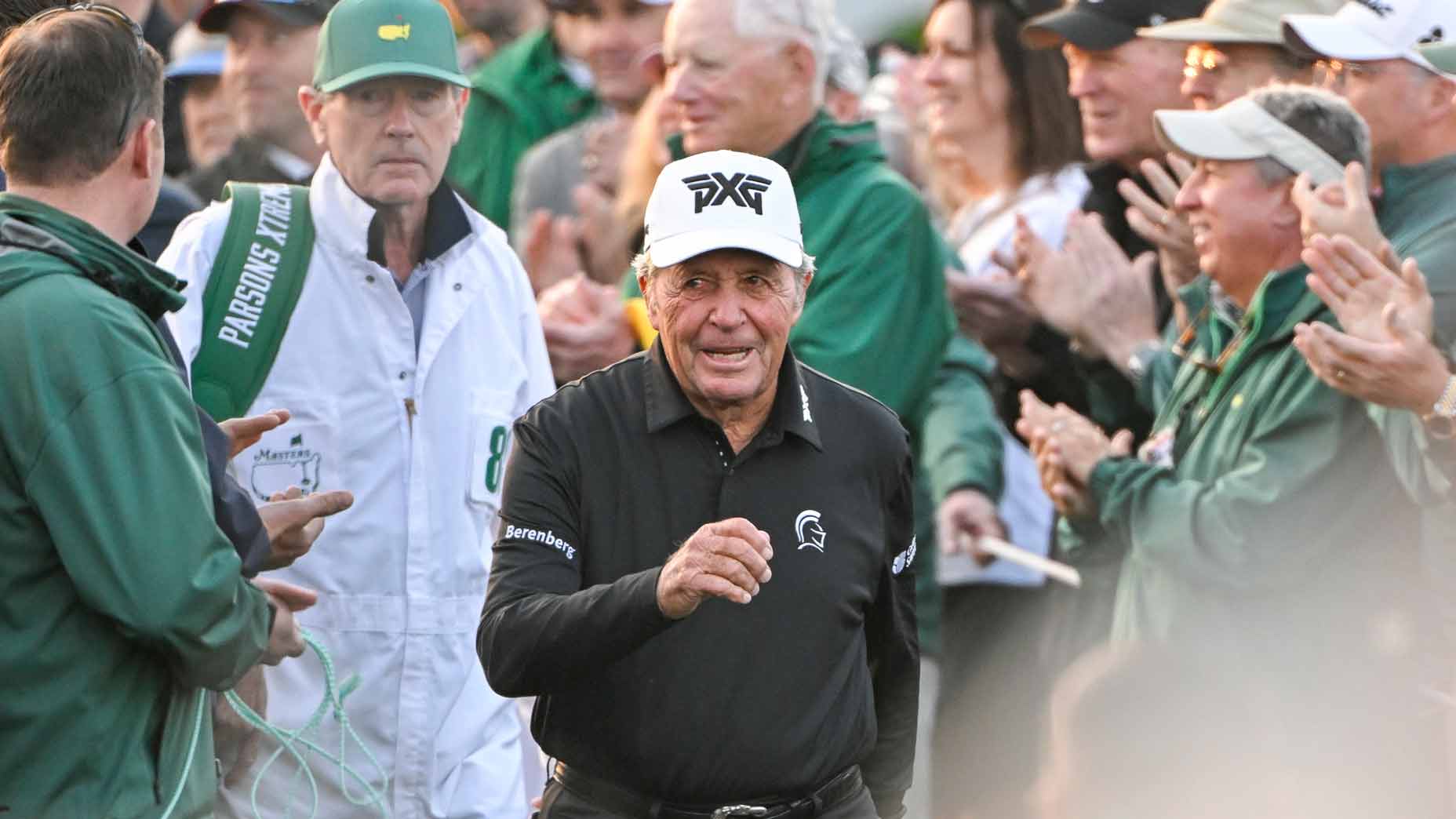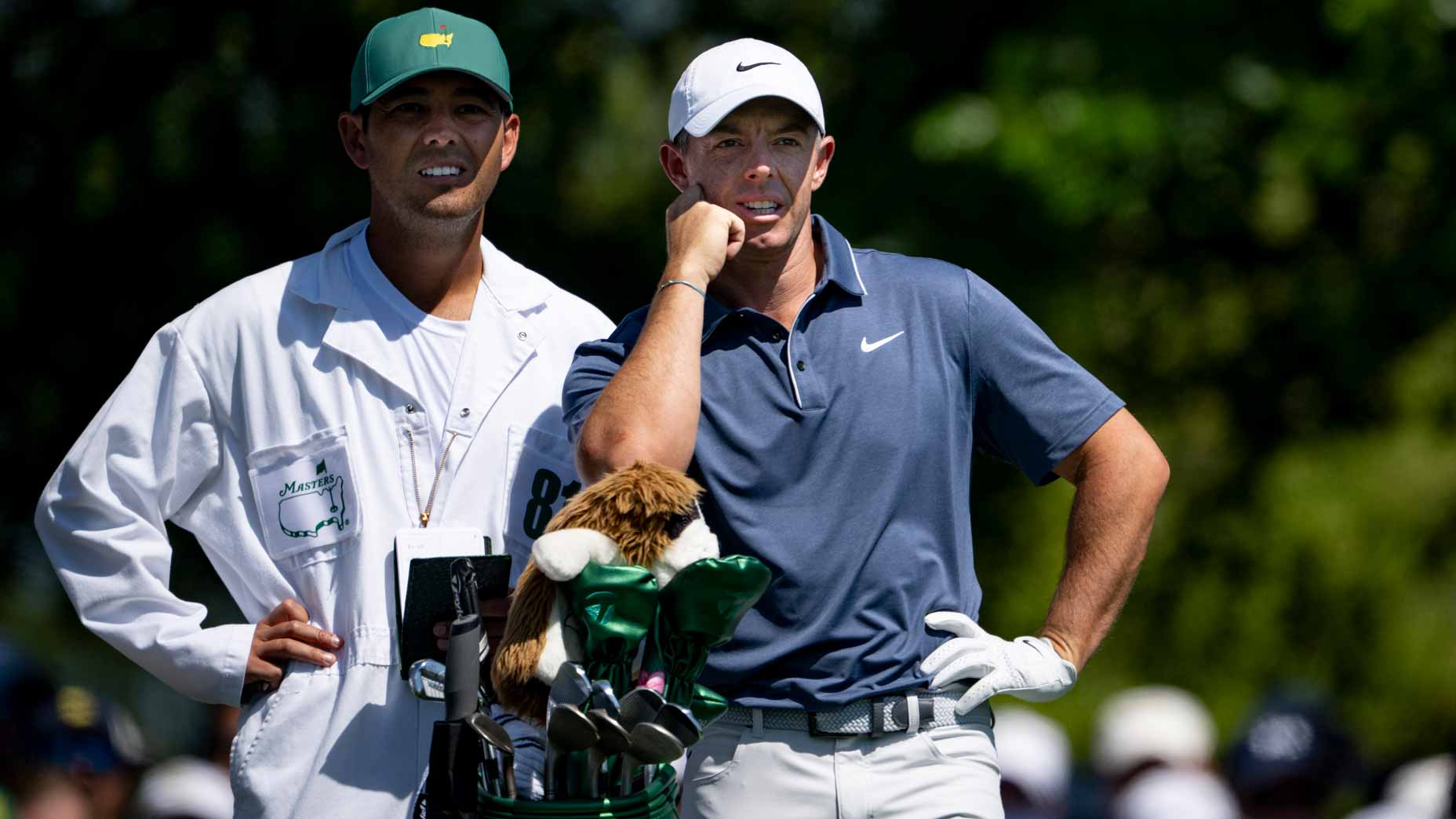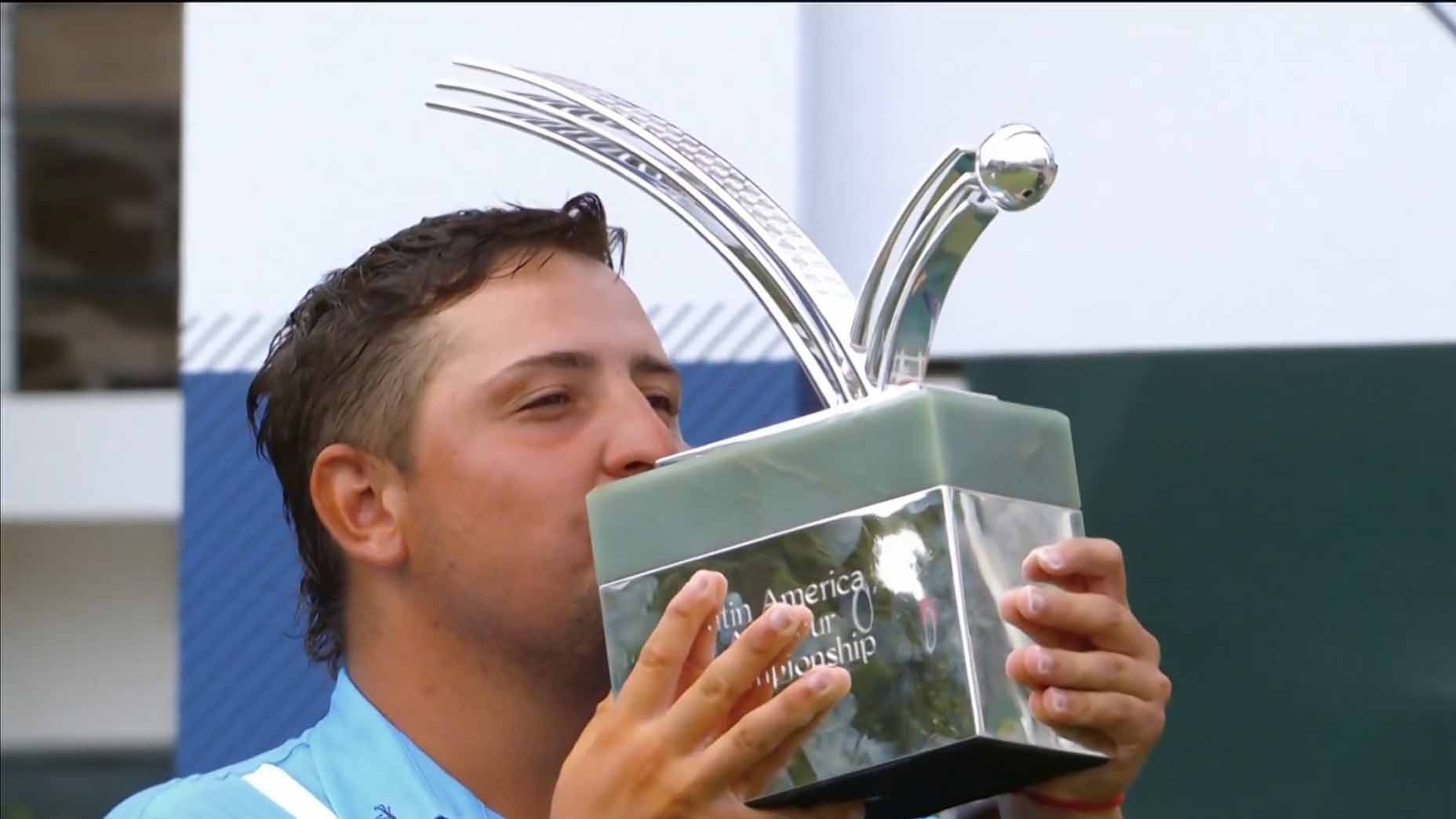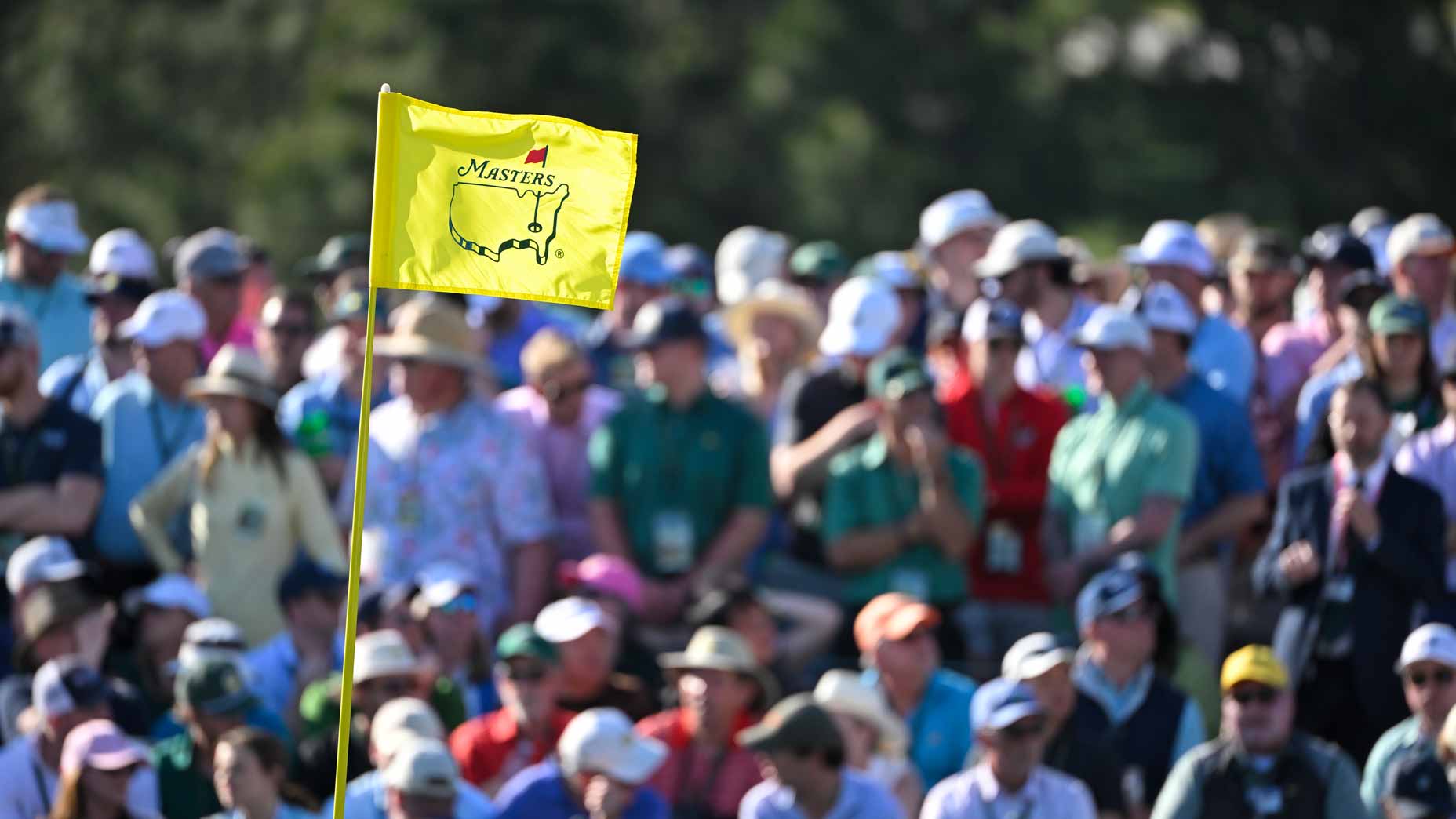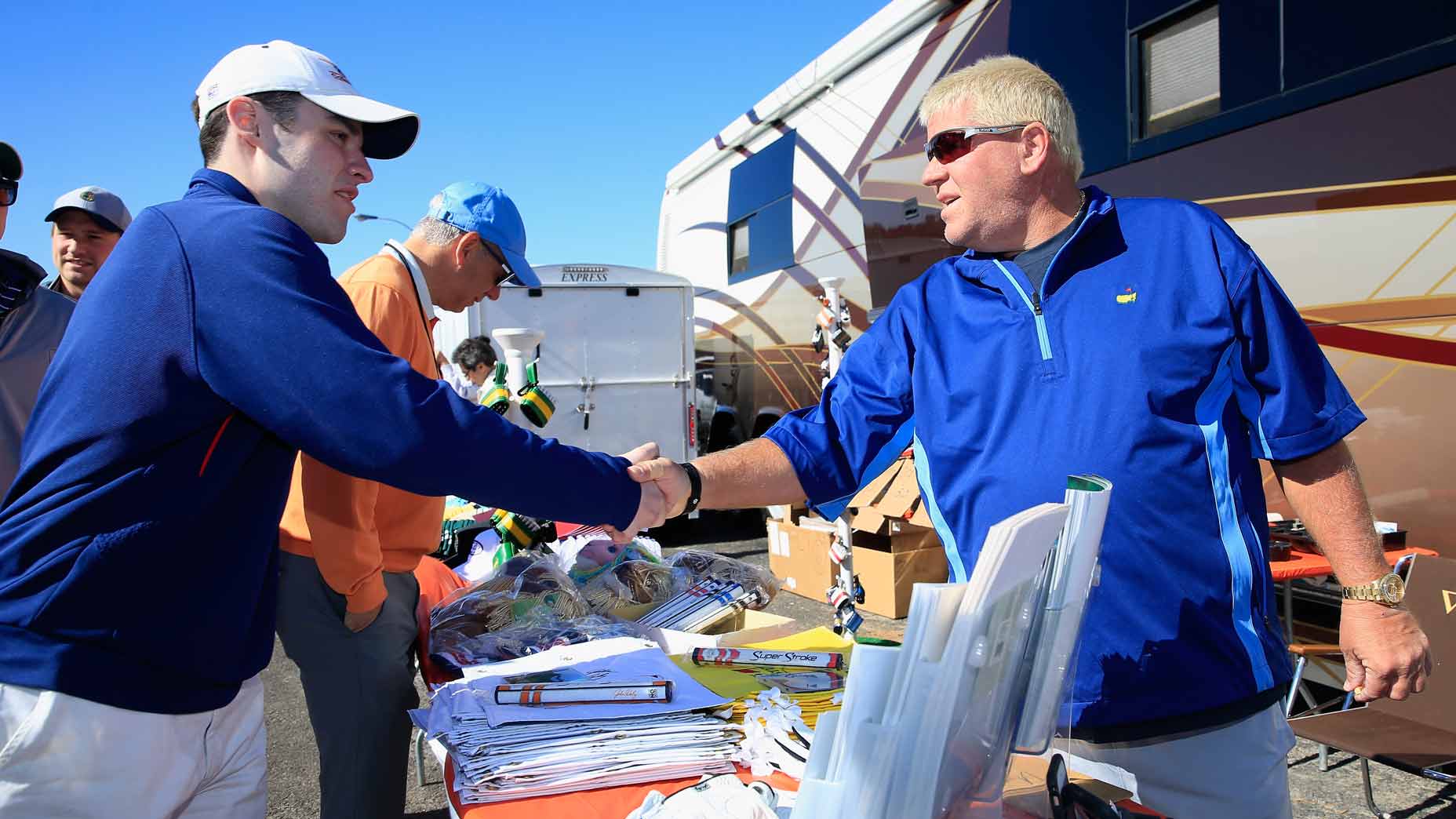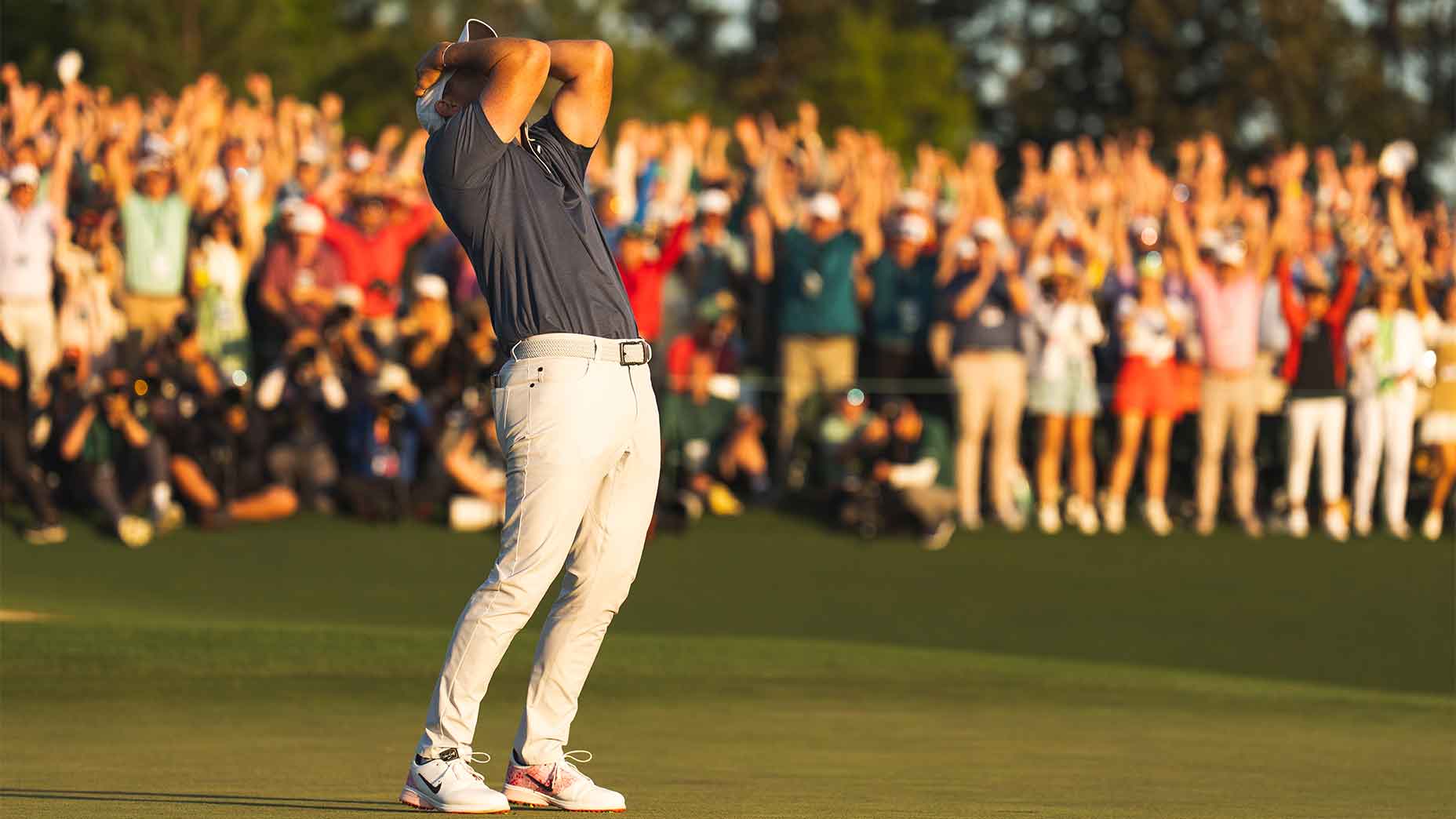The pursuit of money can cloud our judgment and often does which means that today’s news is not news at all: the Masters will be played without fans. The men who run Augusta National want to put a green coat on a new winner this year, as they have every year since 1946, when the tournament returned after a three-year hiatus in deference to World War II. The club prizes continuity in every way. But there was no chance they would allow fans during this pandemic. The single-best way to stop this pandemic is to keep strangers six feet apart. That means you can’t have fans. Not now.
The only reason a tournament would even think about having fans is if it was desperate for money. Augusta National is the opposite. Warren Buffett and Bill Gates represent not even the top layer of the war chest.
Augusta National announces 2020 Masters to be held without fansBy: Sean Zak
The players aren’t saying this directly but if you read between the lines you know it’s true: they understand that the paying, live fan makes their purses possible to a significant degree. But they don’t miss the autograph signing, the idiot cat-calls to sailing drives, all the chit-chat that comes from navigating a crowded clubhouse. The PGA Championship last week went off without a hitch and without any fans. Next month, when the U.S. Open is at Winged Foot, the same thing will happen.
But the Masters without fans will be completely different. This Masters — in November, without roars — will have an asterisk on it forever. Not one that diminishes its worthiness in anyway. Not at all. But it will be a total one-off.
The Masters fans — the patrons if you work for CBS — are an elemental part of the tournament.
Here are the Big Four:
- The course.
- The tournament history.
- The coat.
- The fans.
The pimento cheese sandwiches are a nice touch but not close to making the list.
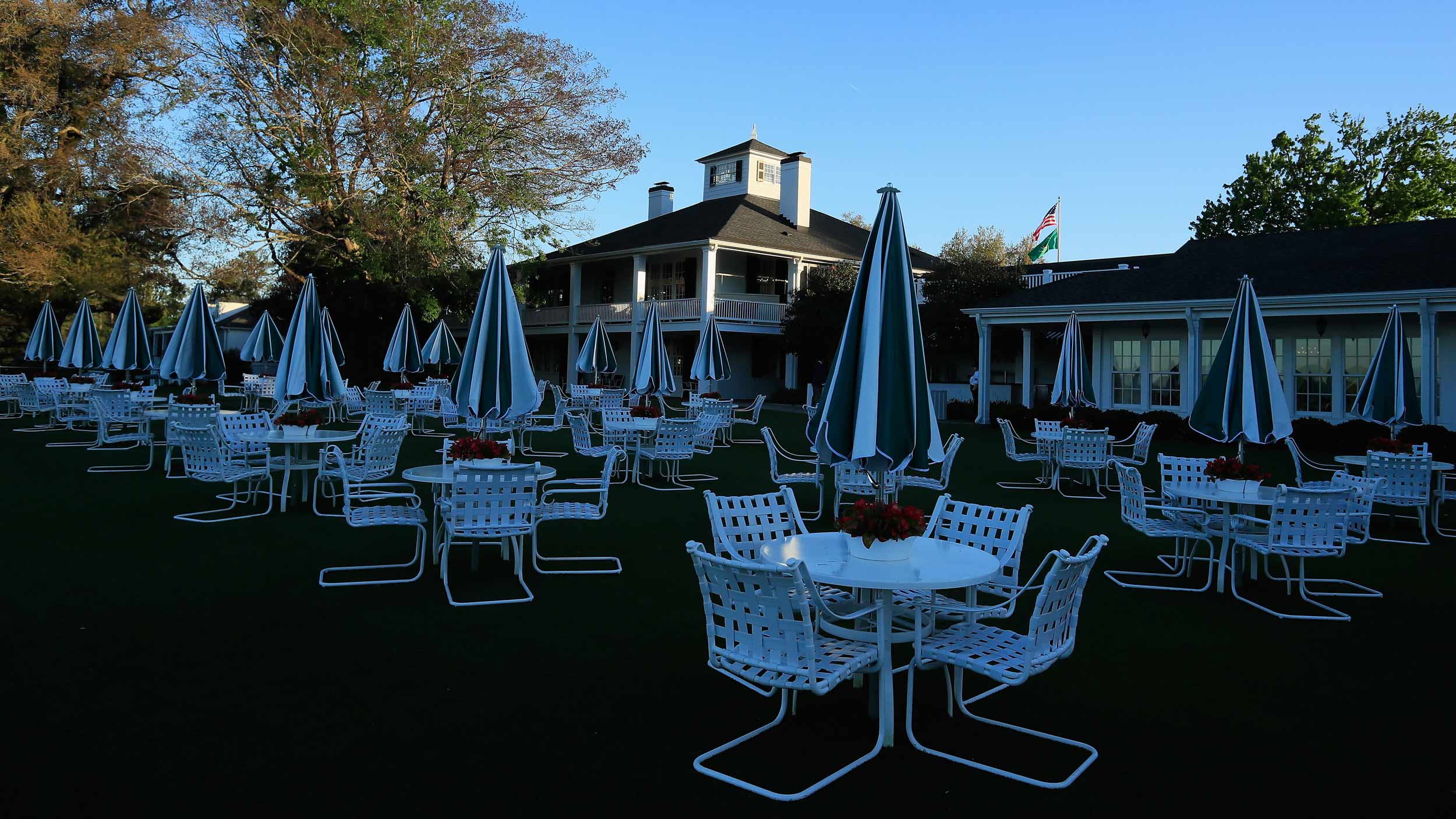
The players like the fans at the Masters. They’re knowledgeable. They add grandeur to the shots the drives they hit on 1, the tee shots they play at 12, the putts they hole on 18, among various other places. They have few opportunities to actually pester the players. They make it harder for a first-timer trying to breakthrough to win. The raise the stakes. They help keep score.
But you can have a tournament without them. For this one year, you can have a tournament without them.
It’s a way better thing to have the tournament in the wrong month with nobody watching than to not have it all. For this reporter, the best golf news since mid-March came in early April when Fred Ridley, the club’s chairman, announced that the club intended to have the tournament this year if it could. You know what that implied? That the world was not coming to an end. Hallelujah.
This year, no blooming azaleas. No Sunday eagle roars. No welcome-to-spring.
Masters tickets: What you need to know now that fans won’t be allowed in 2020By: Kevin Cunningham
But . . .
Tiger will defend his title, or not.
Anybody with a TV can watch it at home for free.
Come April 2021, the tournament will be staged again, ideally with fans, but maybe not. Either way, that’s OK.
Keep calm and carry on helped Britons through the Blitz.
This is not that. This is a pandemic. The catchphrase of this pandemic is don’t breathe on me. Fred and Co. understands that. The club is carrying on as best it can under the circumstances. The carry-on part requires an asterisk. You carry on as best you can, but as safely as you can. You can conduct a safe golf tournament. You cannot conduct a safe golf tournament with thousands of fans ringing the 18th green.
It won’t be a ghost town. All the Masters really is is a club invitational. It’s their party. Everybody else is a guest in some sense. Now we’ll find out how loud a couple hundred men, and a few women, in green coats can be late on a Sunday afternoon in November. Membership has its privileges.
Michael Bamberger may be reached at Michael_Bamberger@Golf.com.

